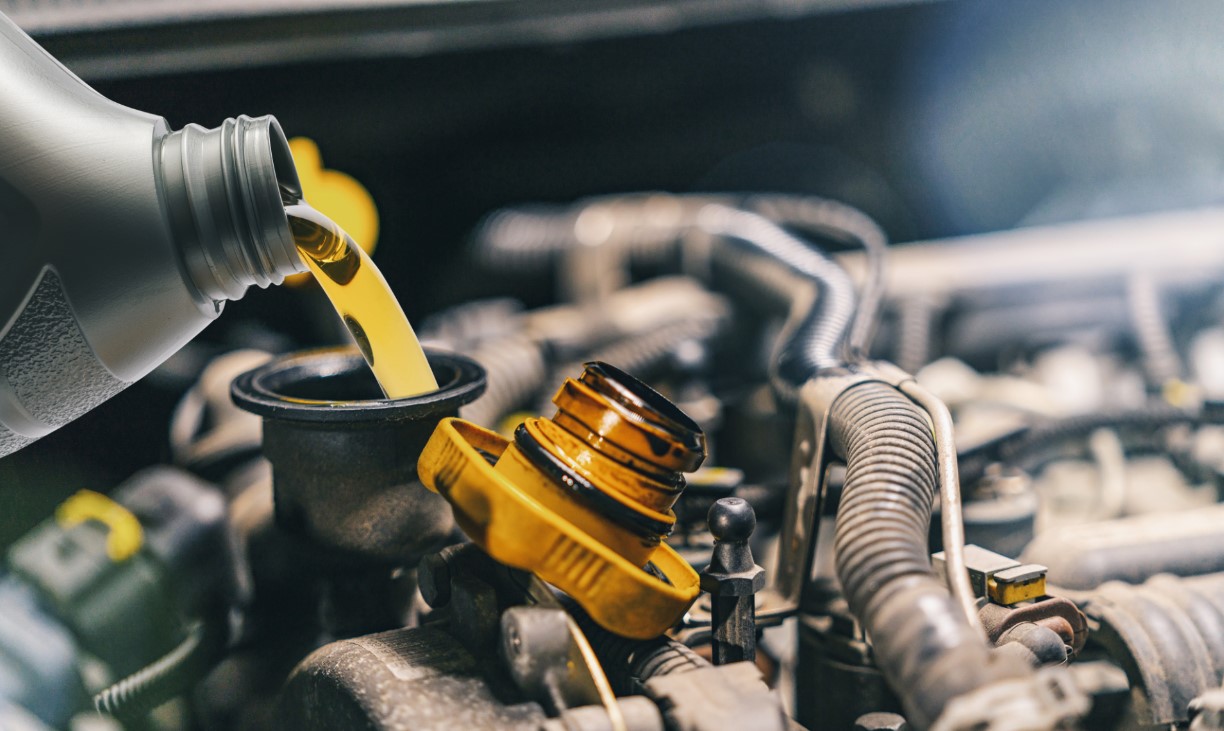Quality Oil Change Lockhart for all your vehicle’s needs.
Quality Oil Change Lockhart for all your vehicle’s needs.
Blog Article
How an Oil Adjustment Boosts Gas Efficiency and Secures Your Auto
Routine oil modifications are an important facet of car maintenance that can substantially improve gas performance and secure engine stability. By replacing old, infected oil with premium choices, rubbing among engine parts is decreased, leading to boosted operational performance and fuel consumption.
Importance of Normal Oil Changes
Normal oil modifications are crucial for keeping the long life and performance of any type of car. Engine oil functions as a vital lubricating substance, decreasing friction in between moving components and protecting against excessive wear. With time, oil weakens due to direct exposure to warmth, moisture, and impurities, which compromises its ability to secure the engine. Neglecting oil adjustments can bring about a host of concerns, consisting of engine getting too hot, lowered gas effectiveness, and ultimately, pricey repairs.
Furthermore, normal oil adjustments add to ideal engine efficiency. Fresh oil makes certain that the engine operates smoothly, enabling for far better acceleration and responsiveness. This is particularly important for vehicles that go through heavy use or run in difficult conditions. Furthermore, lots of suppliers recommend details periods for oil modifications, which ought to be stuck to in order to maintain service warranty coverage and avoid potential voiding.
How Oil High Quality Affects Efficiency
Just how does oil high quality influence the overall efficiency of an engine? The top quality of engine oil plays a crucial role in maintaining optimal engine feature.
In addition, quality oil contains ingredients that improve its efficiency under varying conditions. These additives can consist of detergents, which assist to clean engine components and protect against sludge buildup, and anti-wear agents, which protect essential surfaces during high-stress scenarios. The viscosity of the oil is also vital; it needs to stay steady throughout a variety of temperature levels to make certain correct circulation and lubrication.
Utilizing substandard or abject oil can lead to lessened efficiency, causing boosted engine wear and possible overheating. This can ultimately reduce the lifespan of essential components, bring about costly repair work. Picking top notch oil is important for sustaining engine performance, durability, and dependability. Frequently checking and changing the oil according to supplier specifications ensures that the engine operates at its ideal, securing your investment in your automobile.

Influence on Fuel Performance
Gas effectiveness is considerably influenced by the quality of engine oil made use of in a lorry. High-grade engine oil facilitates smoother engine operation by reducing friction in between moving components. This decrease in friction is vital, as it allows the engine to operate a lot more successfully, inevitably leading to enhanced fuel intake. When the engine oil is fresh and of remarkable high quality, it preserves optimum viscosity, ensuring that the oil streams properly and gets to all essential elements.
Alternatively, deteriorated or low-quality oil can produce raised friction and resistance within the engine. This not just hampers performance yet likewise forces the engine to work harder, causing greater fuel consumption. Regular oil visit this site adjustments help preserve the oil's integrity, making certain that it stays effective in lubricating engine components and avoiding build-up of harmful deposits.

Stopping Engine Deterioration
Regular oil adjustments play an essential function in this preventive maintenance method. Engine oil serves as a lubricant, reducing rubbing in between relocating parts, which assists to go now reduce wear.
When oil is not changed on a regular basis, it can result in boosted rubbing, overheating, and ultimately, engine failing. Fresh oil, on the various other hand, contains ingredients that safeguard engine components from corrosion and wear, guaranteeing smoother operation.
In enhancement to the quality of oil, complying with the supplier's suggested oil change periods is vital. By prioritizing normal oil changes, vehicle owners can significantly decrease the threat of engine wear, improve performance, and eventually save on expensive repairs, thus protecting the automobile's worth over time.
Signs Your Oil Demands Altering
Routine oil modifications are not just vital for protecting against engine wear but additionally for identifying when your oil needs substitute. Numerous signs suggest that it might be time for an oil adjustment, and being attentive about these can help preserve your vehicle's performance.

One of one of the most usual signs is the oil adjustment light on your control panel. Oil Change Lockhart. If this light brightens, it is a timely to check your oil degrees and think about an adjustment. In addition, if you notice a dark, gritty texture when checking the oil on the dipstick, it suggests that the oil has ended up being polluted and is much less efficient in lubing the engine parts
Uncommon engine sounds, such as knocking Learn More or ticking, may also signal that the oil is falling short to do its responsibilities, possibly leading to severe engine damage. Lastly, if you find a burning oil odor or see oil areas under your lorry, these might suggest leaks or extreme consumption, requiring an instant oil change.

Conclusion
The usage of premium, fresh oil reduces rubbing amongst engine elements, decreasing power loss and promoting smoother operation. Prompt oil modifications stop the accumulation of damaging impurities that contribute to engine wear and getting too hot.
Report this page